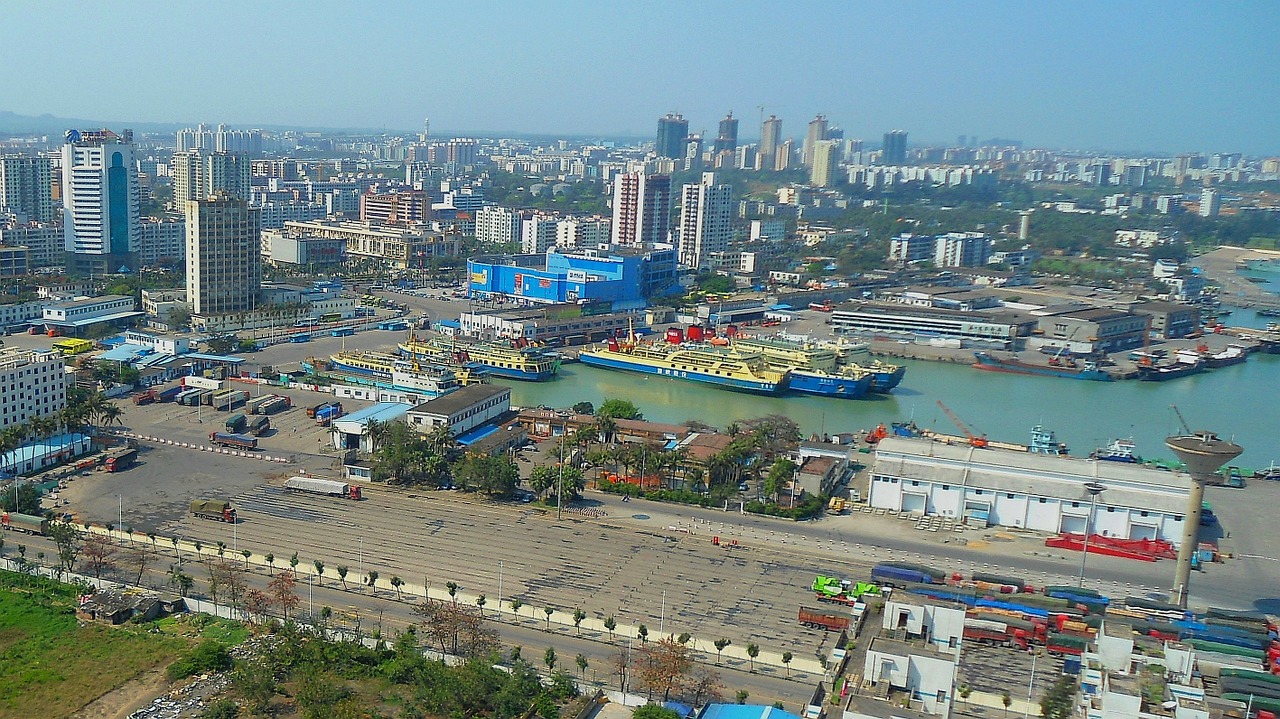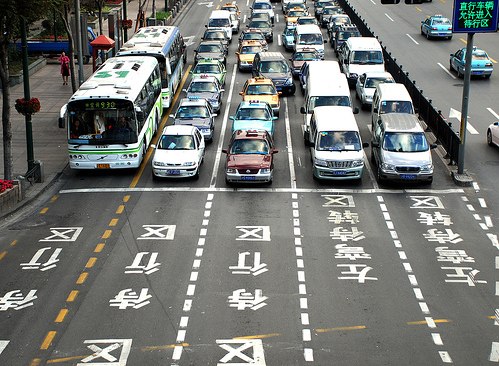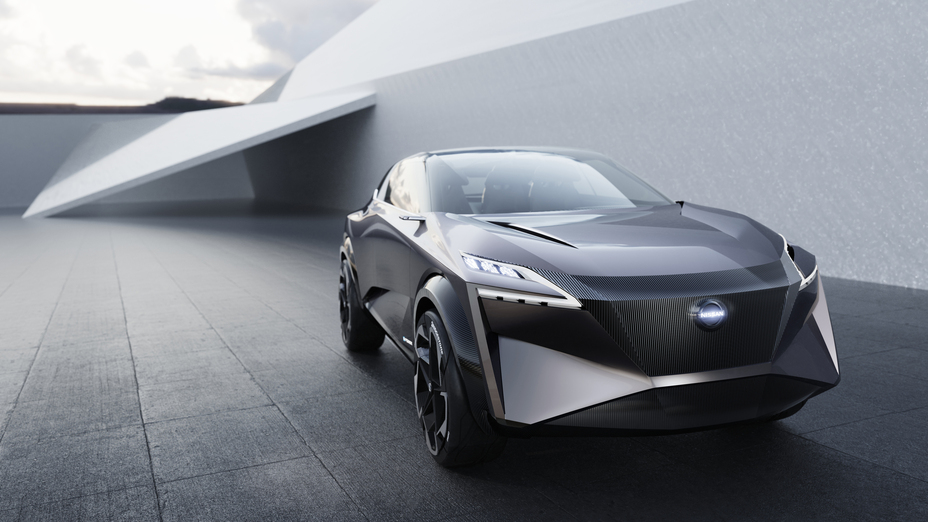Now Reading: Haikou to increase cars running on alternative energy sources
-
01
Haikou to increase cars running on alternative energy sources
Haikou to increase cars running on alternative energy sources

The total amount of cars running on alternative energy sources on the roads of Haikou city in the southern Chinese province of Hainan reached 21.5 thousand units by the end of 2019, the Haikou Daily reported.
Over the past year, this figure boosted by over 7,100 cars. At the end of the last year, passenger vehicles using alternative energy sources in Haikou represented 2.61% of the total number of cars.
Over the indicated period, the province’s central authorities allocated over 2.5 million yuan ($354,000) as subsidies for the purchase of cars utilizing alternative energy sources, and the local authorities allocated over 14.6 million yuan ($2 million). In 2019, more than 620 vehicles fell under the government subsidy program.
In the first four months of 2020, over 1,900 cars using alternative energy sources were observed on the city roads. By the end of this year, the task was set to bring this indicator to 6,000. In 2019, the newspaper writes, all government departments and state-owned enterprises bought for official use only cars running on alternative energy sources, including public transport.
At the end of April 2020, the official figures noted that more than 8,300 charging stations were built in Haikou for electric vehicles. The officials set the task in 2020 to boost their number by more than 1,300 units.
In order to combat environmental pollution and protect ecology, the Hainan officials intend to fully stop selling cars with conventional gasoline and diesel engines on the island by 2030. For these aims, the government will urge the residents to purchase electric vehicles and hybrids, as well as develop the infrastructure required for them.
Starting from August 1, 2018, the officials have already introduced a special quota for getting state-standard numbers for ordinary types of automobiles. Meanwhile, according to 2019’s data, there were over 23,000 “green” cars registered on Hainan, which is about 1.8% of the overall number of cars on the island. In order to service eco-friendly vehicles, there are over 4.600 charging stations in the province.
Since 2019, according to the officials, all companies and state-owned enterprises on the island are dedicated to switching to “green” cars. By 2030, they are gearing themselves to install about 940,000 spots for recharging electric and hybrid cars on the island.
Stay Informed With the Latest & Most Important News
Previous Post
Next Post
-
 01Polestar Boss Says It’s Time To Outrun BMW M And Mercedes-AMG
01Polestar Boss Says It’s Time To Outrun BMW M And Mercedes-AMG -
 02Spy Shots: 2027 Mitsubishi Pajero Spotted in Testing Ahead of Possible U.S. Return
02Spy Shots: 2027 Mitsubishi Pajero Spotted in Testing Ahead of Possible U.S. Return -
 032026 Toyota Hilux EV: A Powerful Truck with Silent Torque
032026 Toyota Hilux EV: A Powerful Truck with Silent Torque -
![2027 Mercedes-Benz S-Class Debuts with V8 Engine [Photo Gallery]](https://speedlux.com/wp-content/uploads/2026/01/2027-Mercedes-Benz-S-Class-33-155x125.jpg) 042027 Mercedes-Benz S-Class Debuts with V8 Engine [Photo Gallery]
042027 Mercedes-Benz S-Class Debuts with V8 Engine [Photo Gallery] -
 052026 Corvette ZR1 Production Surges Past Expectations as Output Clears 1,000 Units
052026 Corvette ZR1 Production Surges Past Expectations as Output Clears 1,000 Units -
 06Spy Photos: VW ID. Polo GTI Goes Electric with 223 HP and 280 Miles of Range
06Spy Photos: VW ID. Polo GTI Goes Electric with 223 HP and 280 Miles of Range -
 07The Controversial Ford Voodoo V8 That Was Killed Off Too Early
07The Controversial Ford Voodoo V8 That Was Killed Off Too Early



![2027 Mercedes-Benz S-Class Debuts with V8 Engine [Photo Gallery]](https://speedlux.com/wp-content/uploads/2026/01/2027-Mercedes-Benz-S-Class-33-700x394.jpg)










































